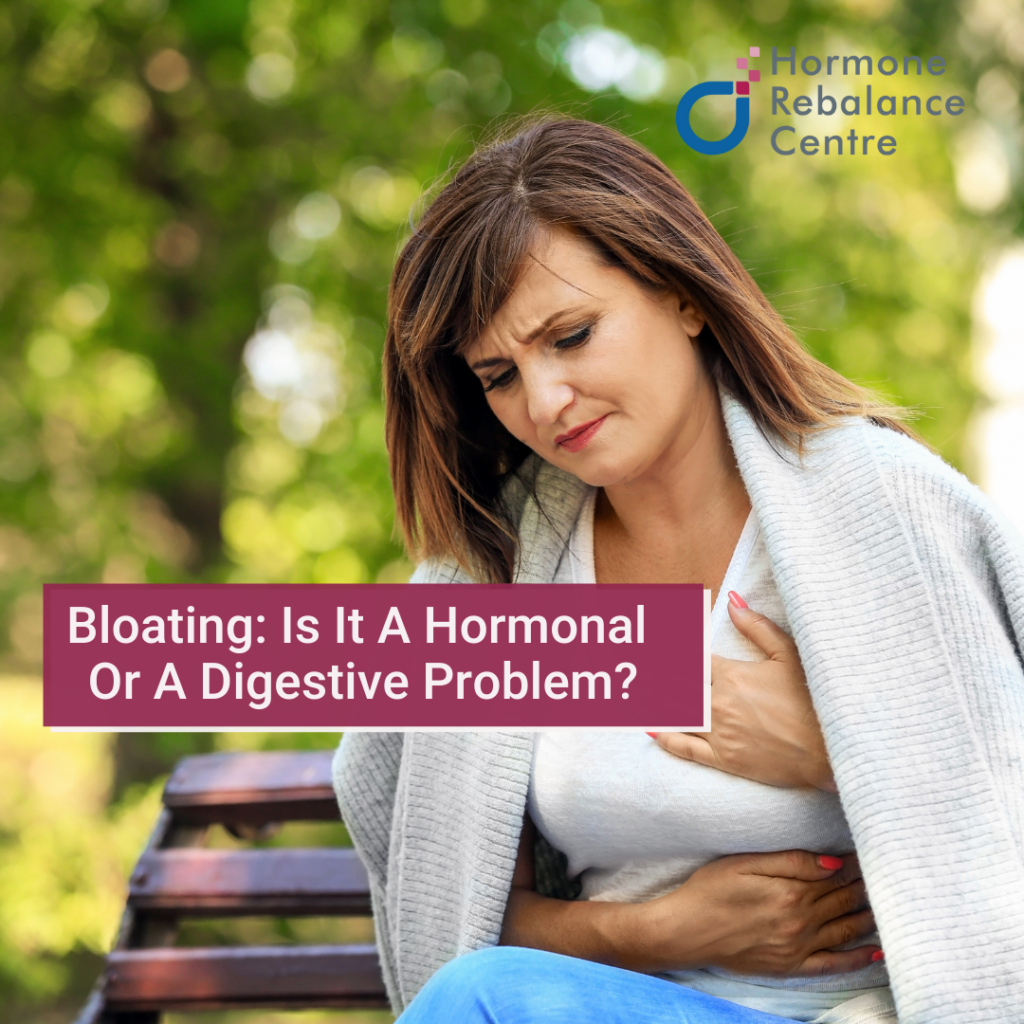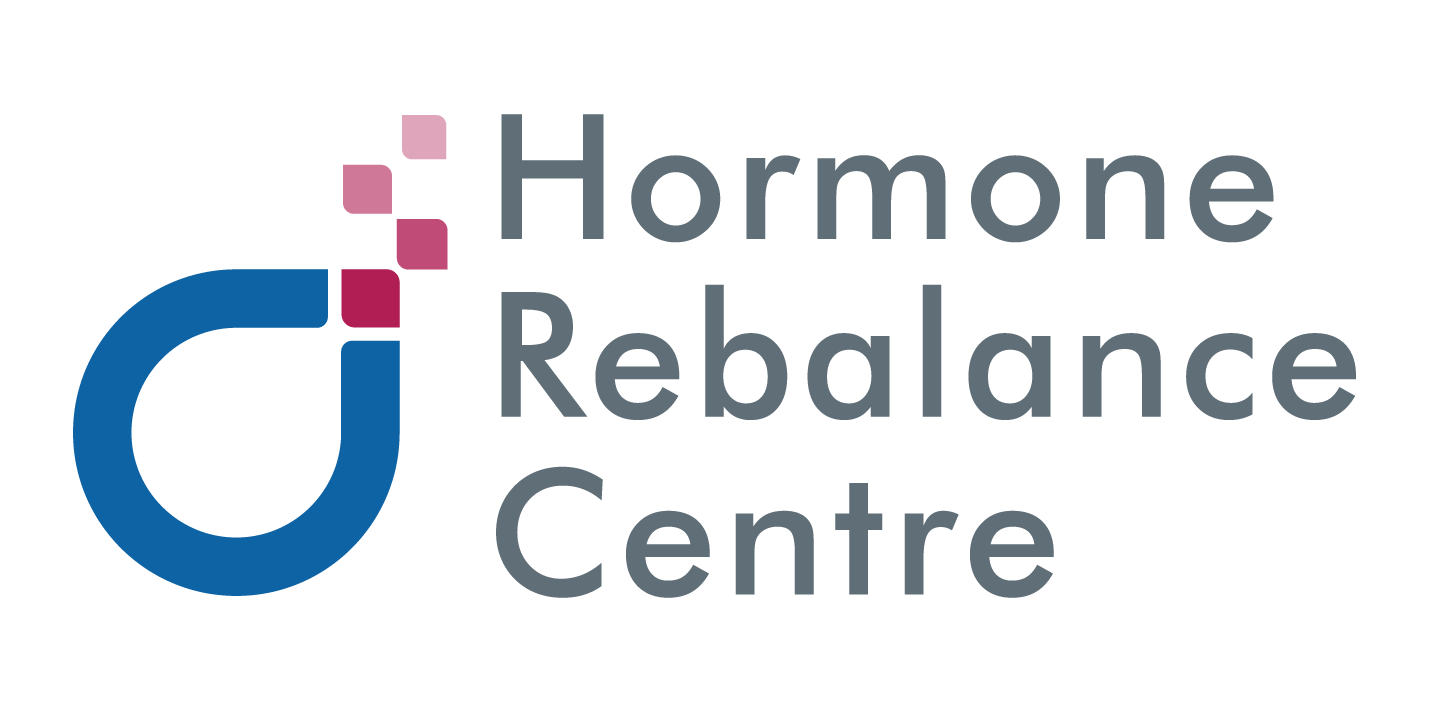
Do you struggle with feeling bloated and uncomfortable on a daily basis? Do you experience bloating and water retention around your menstrual cycle? If you answered yes to either of these questions, you’re in the right place!
When it comes to bloating, it may be hard to understand a certain pattern if you’re not very intune with your body. Therefore in this blog, we will focus on answering two main questions, WHERE and WHEN.
In this blog post, we will be covering two different types of bloating and digestive complaints. The first cause of bloating we will look at is related to hormonal imbalances and fluctuations. Many women who experience PMS symptoms complain of bloating around the start of their period. It’s a common misconception that this is a normal experience, but it doesn’t have to be.
The second cause of bloating and digestive complaints that we are going to discuss is related to food sensitivities and lack of enzyme production in the body. We know that much of the population experiences food sensitivity to some degree. Whether these experiences are recognized or go unrecognized, can mean the difference between feeling good and feeling uncomfortable on a daily basis.
Determining your unique cause of bloating and digestive complaints can give you some clues as to how you can start your journey to feeling your best! We have shared a few tips and tricks that are useful for combating both causes of bloating, but as you know, seeking the help of a qualified health professional is always the best choice!
Where is it?
Sounds like a silly question, as most people assume that bloating happens in the abdominal area, however, do you also get sore breasts? Swollen fingers or ankles? Puffy eyes? All while you also feel swelling in the abdomen?
You may only care for abdominal bloating and overlook the other symptoms, but if you experience these other symptoms, it’s more likely that you have a general water retention problem, which is more driven by your hormones than digestion. Therefore looking at other symptoms that come along with your bloating, will give you great insight into the cause.
When is it?
Is it cyclical? Do you only notice it a week or so before your period? Is it only after eating bread, pasta or dairy? Have you only started experiencing this since you’ve entered menopause? Is it a daily problem? Paying attention to timing and perhaps keeping a log, can help you understand your triggers, but the best thing to get more definitive answers, is to TEST.
Cyclical Bloating and Digestive Complaints
If you are experiencing gas, bloating, or other digestive complaints in sync with your period, you are likely experiencing a hormonal related change in digestion. These complaints often feel different than if you are struggling with food sensitivity, which is discussed in more detail below. Oftentimes when women experience bloating and digestive complaints around their periods, it tends to appear more as water retention, and less as bloating related to lack of digestion or build-up of bad bacteria. Hormonal bloating can be due to several causes:
- Excess estrogen. Estrogen is a hormone that causes water retention, so having too much of it, relative to your progesterone levels in the 1-2 weeks leading up to your period can be the cause.
- Low progesterone. Progesterone is a natural diuretic, so if you are not ovulating, you have irregular periods, you are peri-menopausal, or perhaps you just have higher estrogen levels relative to your progesterone, all these can lead to water retention
- Low estrogen. Estrogen helps stimulate your bile acid production, so as women enter menopause and their estrogen begins to drop, this slows down their digestion and they may begin to feel more constipated and bloated.
This water retention may leave you feeling like you’ve gained a few pounds, or that your favourite pair of jeans just aren’t fitting quite as well as they did last week. However, there are a few ways that you can combat this cyclic water retention.
Support for Hormonal Bloating:
- Test and treat your hormonal imbalances. Any symptoms related to your cycles are caused by a hormonal imbalance, and PMS symptoms don’t have to be a regular occurrence. At Hormone Rebalance Centre we offer investigative functional testing that can determine the root cause of cyclic water retention and other PMS symptoms you may be experiencing, along with helping support you through an easy transition into menopause and beyond.
- Watch your sodium intake. We all know what it’s like to wake up feeling puffy after a night of indulgence, however, when it comes to cyclic water retention, you can help combat the bloat by watching your sodium intake carefully. Reducing fast foods, processed foods, and other foods high in sodium for the week leading up to the start of your period can greatly impact the level of water retention that you experience.
- Consider a vitamin B6 supplement. Vitamin B6 has long been known as a great way to combat PMS symptoms. One of the symptoms that B6 is effective in reducing is bloating and water retention. For more information about choosing a quality B vitamin supplement, you can check out our blog post called B vitamins: why do you need them and are you getting enough?
- Consider a magnesium supplement. Magnesium is a common nutritional deficiency that can also lead to constipation, anxiety and poor sleep. If you also struggle with these symptoms, along with menstrual water retention, magnesium may be an important supplement for you to consider.
Non-cyclical bloating and digestive complaints
If you notice bloating on a daily basis or after specific meals or time of day, these complaints are often related to food sensitivities or a lack of digestive enzymes. Food sensitivities can leave you feeling less than ideal on a daily basis, especially if you are unaware of these sensitivities. Food sensitivities can lead to digestive symptoms like:
- Irritable bowel syndrome
- Diarrhea
- Constipation
- Bloating
- Abdominal pain
It’s important to note that food sensitivities are not true allergies, but instead a reaction the body has to particle proteins found in foods. When you eat these foods, they cause inflammation in the cells that line your gut, causing leaky gut and leading to discomfort.
Testing for food sensitivities truly is the best way to determine if this might be the cause of your digestive complaints. At Hormone Rebalance Centre we offer Food Sensitivity Testing (FST) which provides our doctors with a report of over 125 different foods and their effects on your body. If you choose to eliminate foods or groups of foods that are causing you discomfort, you may just be surprised at how quickly you can begin to feel better!
You may also need to consider lack of digestive enzymes, low hydrochloric acid and general dysbiosis (abnormal gut bacteria) as a reason for bloating.
Support for Digestive Bloating:
- Test and treat digestive disorders. Whether it’s food sensitivities, SIBO (small intestine bacterial overgrowth), dysbiosis, or low hydrochloric acid, these are all things that can be tested for so you can avoid guessing.
- Digestive enzymes. These supplements are designed to enhance the digestion of foods that are hard for your body to break down. This trouble breaking down may be due in part to food sensitivities, or may be due to insufficient enzyme production by your own body. Digestive enzymes can maximize the breakdown and absorption of foods. Also if you’ve had your gallbladder removed, consider taking digestive enzymes with ox bile for extra support.
- Apple cider vinegar before meals. Using ACV before meals can help in a similar way to digestive enzymes- by increasing the breakdown of foods. ACV creates an acidic environment in the stomach which leads to increased secretion of enzymes that help to breakdown food. When food is fully broken down the likelihood of bacteria build-up that can cause gas and bloating is lowered.
Whether you are struggling with water retention related to hormonal imbalances, or discomfort caused by food sensitivities, or a lack of digestive enzymes, you don’t have to suffer. While we have shared some tips and tricks for dealing with these complaints, our team of naturopathic doctors at Hormone Rebalance Center are specially trained to help you find the root cause of your symptoms and create a treatment plan unique to you!
We would love to hear from you at Hormone Rebalance Center and invite you to book a complimentary Hormone Assessment with one of our Program Advisors. Our team is always happy to hear from you and we look forward to helping you on your journey to happy, healthy hormones.

No Comments